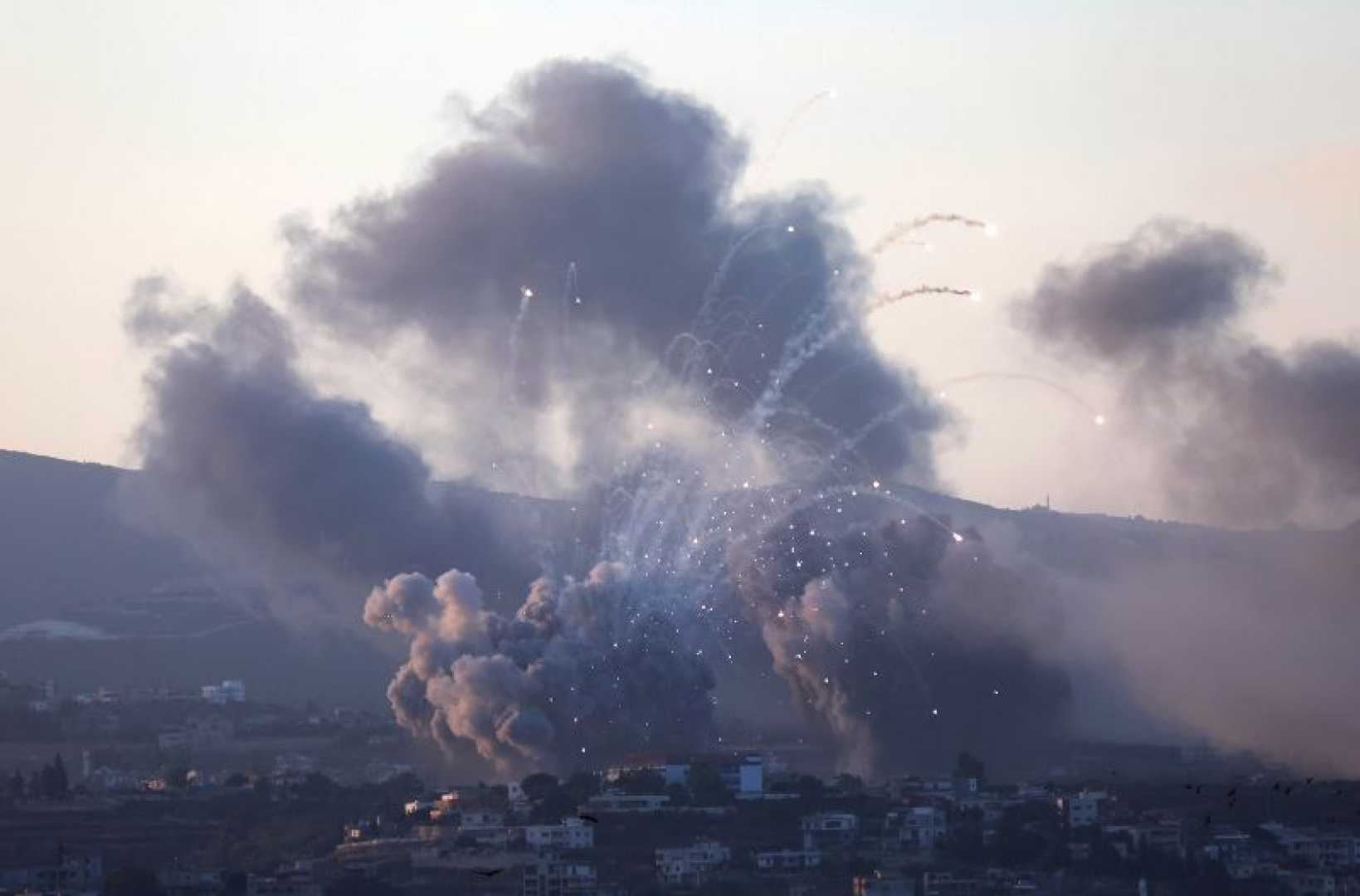News
Unconfirmed Reports of Israeli Strike Targeting Hezbollah Leader as tensions escalate

Israeli Prime Minister, while in New York for the United Nations General Assembly, is rumored to have approved an operation targeting Hassan Nasrallah, the Secretary-General of Hezbollah. This marks an unprecedented escalation between Israel and Lebanon, with tensions already running high.
Reports suggest that ten bombs were dropped on the Hezbollah headquarters in the southern suburbs of Beirut, a stronghold for the Lebanese Shiite movement. The operation purportedly aimed directly at Hassan Nasrallah, known for his regular televised addresses and central role in Hezbollah’s military and political activities. The Israeli strikes are reported to have destroyed several buildings, resulting in significant chaos in the densely populated area.
Images and videos from the scene of the attack display massive destruction. Collapsed buildings, charred vehicle remnants, and civilians sifting through the rubble underscore the violence of the attack. Despite the scale of the destruction, the human toll remains uncertain. Conflicting reports about Hassan Nasrallah’s fate persist; some unconfirmed sources claim that he survived the assault, while others suggest he could be severely injured or even killed. So far, Hezbollah has not released an official statement to clarify the situation.
Sources close to the Israeli government imply that the operation received approval from the Israeli Prime Minister during his UN trip. If confirmed, this would signify a shift in Israel’s strategy, which has historically avoided direct assassination attempts on prominent leaders like Nasrallah to prevent a large-scale regional war. Nasrallah represents armed resistance against Israel, and Hezbollah demonstrated formidable military capabilities, particularly during the 2006 war.
Should Israel’s objective be Nasrallah’s elimination, the repercussions could be catastrophic for the region. Hezbollah boasts a significant arsenal of rockets and missiles capable of reaching deep into Israeli territory. Such an attack could trigger military escalation between the two adversaries, potentially inciting a regional conflict involving other actors like Iran and Syria, both allies of Hezbollah.
Moreover, Nasrallah’s potential death may bolster militant factions’ resolve in Lebanon and beyond, energizing Hezbollah supporters and possibly inciting new violence. Past confrontations between Israel and Hezbollah demonstrate the Shiite movement’s willingness to retaliate forcefully, often unpredictably.
The official silence surrounding the attack has fueled widespread speculation. Israeli officials have yet to confirm the operation’s details. However, anonymous military sources mentioned that the Israeli military is on high alert, anticipating possible retaliatory actions. Meanwhile, the Lebanese government swiftly condemned the Israeli strikes, labeling the attack as a “flagrant violation of Lebanese sovereignty” and urging the international community to respond decisively. Tel Aviv reportedly opened public shelters in anticipation of potential retaliation.
On the international stage, the diplomatic community is observing the situation with concern. Further escalation in the Israel-Hezbollah conflict could further destabilize Lebanon, already severely weakened by ongoing economic, political, and social crises. Several states have called for restraint and a return to dialogue, fearing that the region may descend into another open war.












